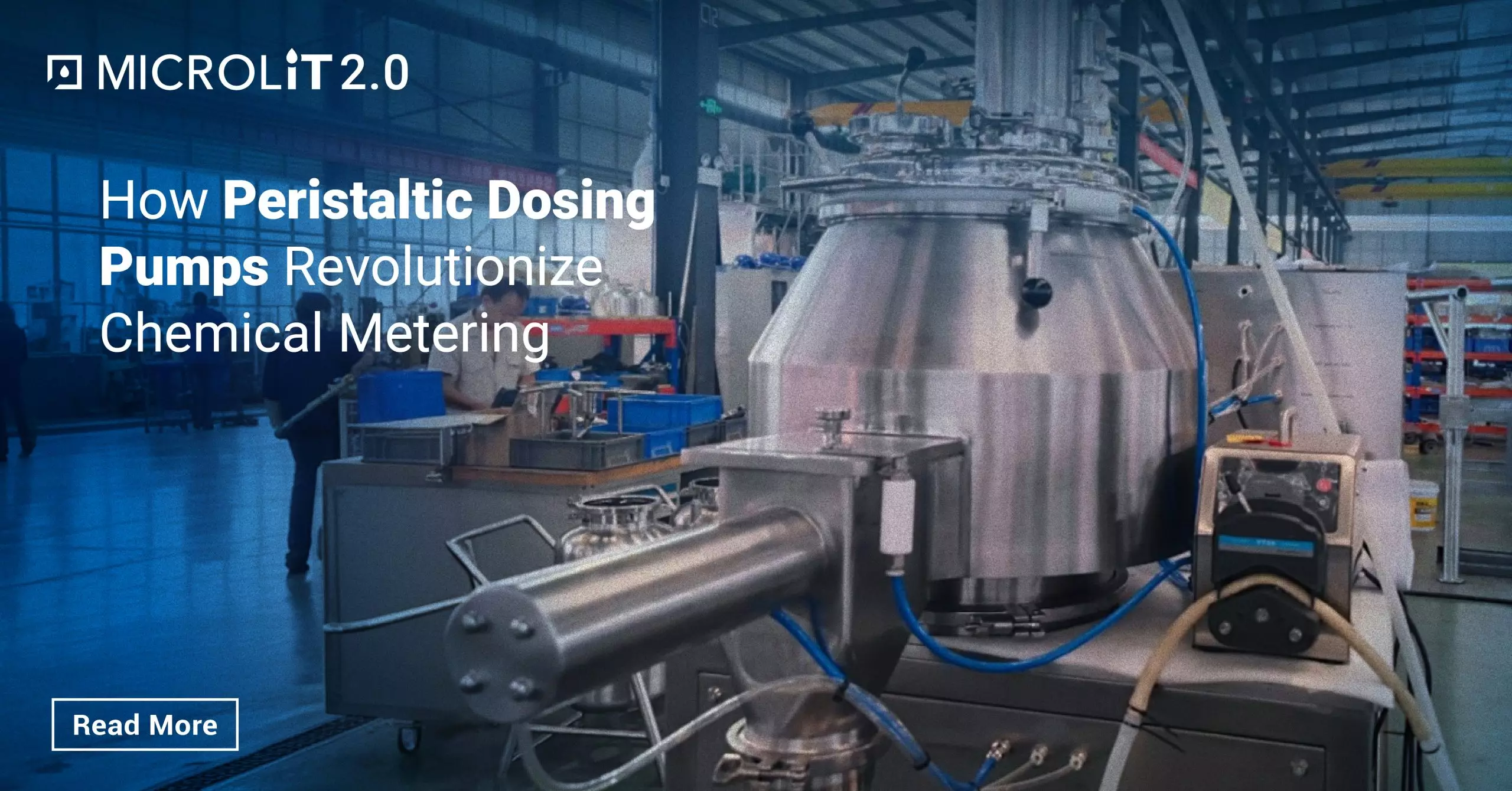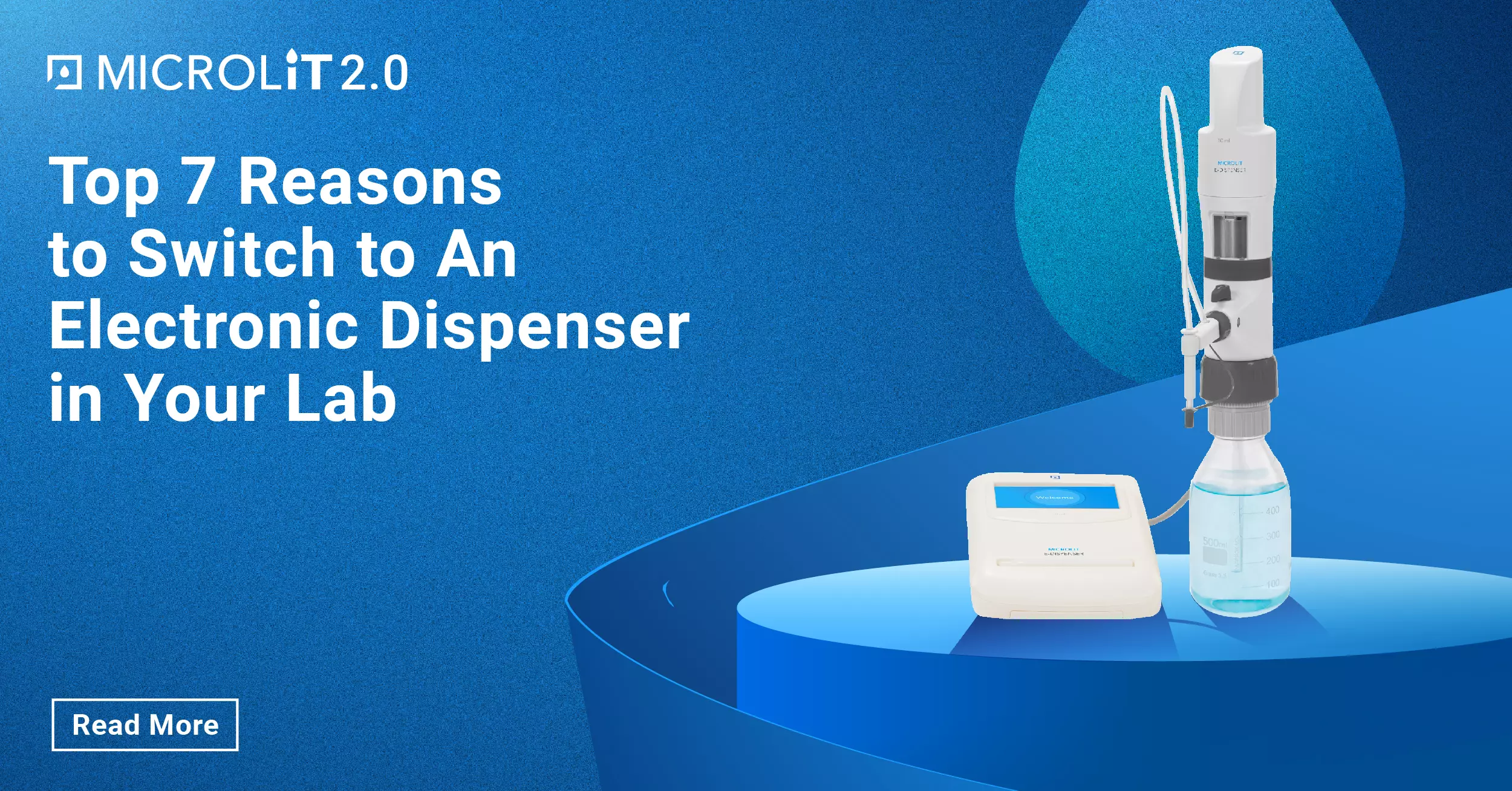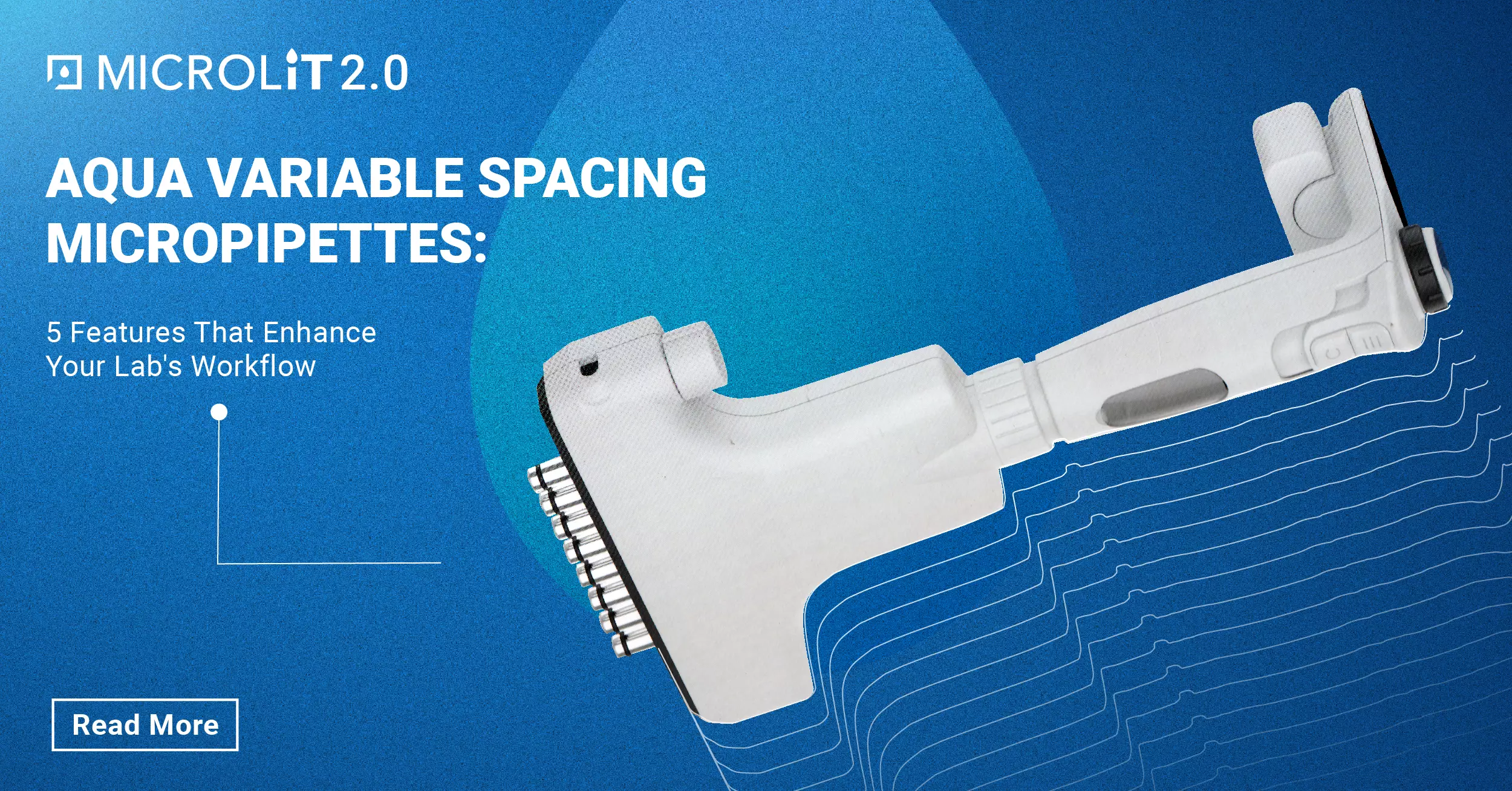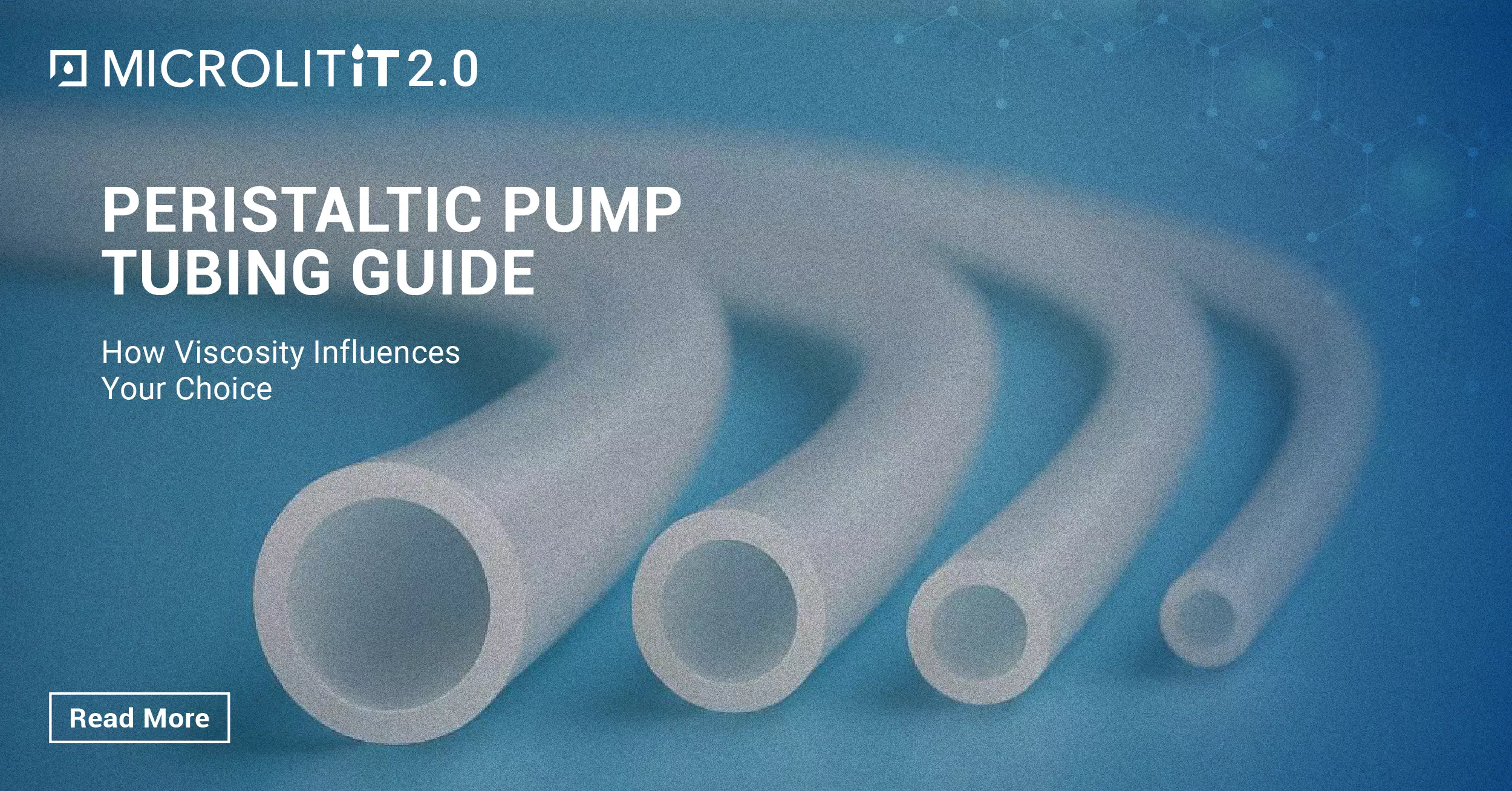Understanding the Difference Between Ordinary and Filtered Pipette Tips
- July 18, 2024
- ENQUIRE NOW
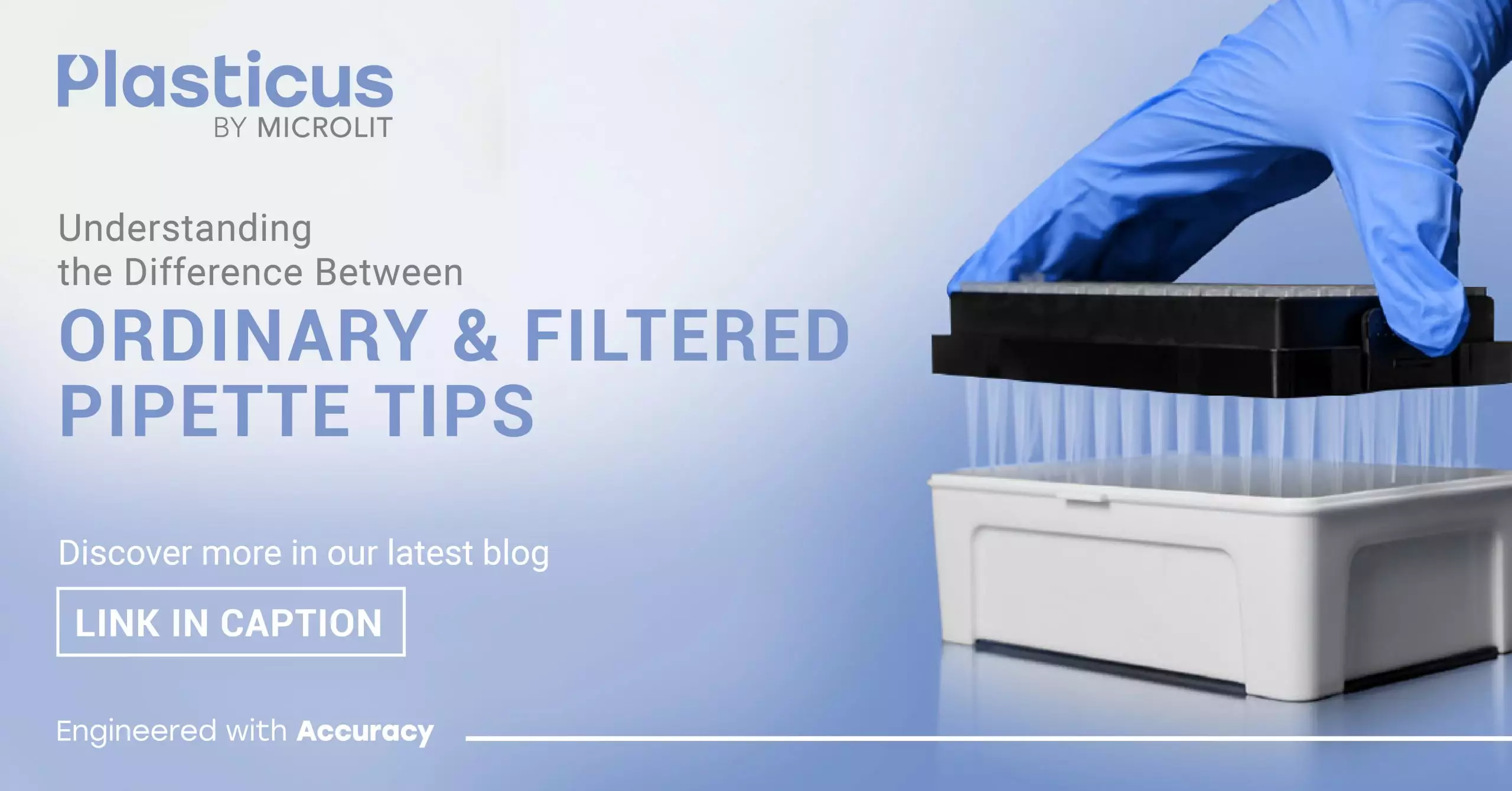
In the realm of laboratory equipment, even the smallest components can significantly impact experimental outcomes. One such crucial component is the pipette tip. Often overlooked, the type of pipette tip used can influence the accuracy, precision and integrity of experimental results. Among the choices available, two main types stand out: Ordinary and Filtered pipette tips. Understanding their differences and when to use each is essential for any researcher striving for reliable and reproducible data.
Ordinary Pipette Tips: Basics and Applications
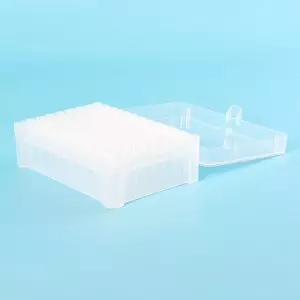 Ordinary pipette tips, as the name suggests, are straightforward in design and function. They are typically made of high-quality polypropylene and are available in various sizes to fit different pipette models. These tips are most commonly used for routine liquid handling tasks where the sample does not require protection from contamination by aerosols or particulates.
Ordinary pipette tips, as the name suggests, are straightforward in design and function. They are typically made of high-quality polypropylene and are available in various sizes to fit different pipette models. These tips are most commonly used for routine liquid handling tasks where the sample does not require protection from contamination by aerosols or particulates.
The design of ordinary pipette tips features a simple, open-ended structure. This design facilitates efficient pipetting of liquids without any additional barriers or filtration mechanisms. Researchers frequently use ordinary pipette tips for tasks such as aliquoting reagents, preparing samples for analysis, or conducting general laboratory procedures where the introduction of airborne contaminants is not a significant concern.
Key Features and Applications:
- General Liquid Handling: Ordinary pipette tips are ideal for tasks such as aliquoting reagents, preparing samples for analysis, and routine laboratory procedures where the introduction of contaminants through aerosols or particulates is minimal.
- Versatility: They come in various sizes to accommodate different pipette models, making them versatile for a wide range of applications across different scientific disciplines.
- Cost-Effectiveness: Ordinary pipette tips are generally more cost-effective compared to their filtered counterparts, which makes them suitable for laboratories with high throughput but lower sensitivity requirements.
Filtered Pipette Tips: Enhancing Sample Integrity
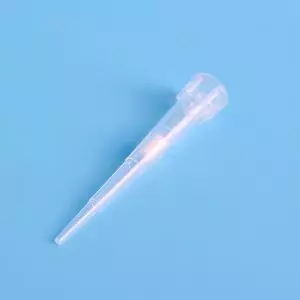 On the other hand, filtered pipette tips are specifically engineered to prevent contamination of samples and the pipette itself. These tips incorporate a filtration system typically made of hydrophobic materials such as porous polyethylene. The filter within the tip acts as a barrier, blocking aerosols, DNA, RNA, and other particulates from reaching the pipette shaft or sample during aspiration and dispensing.
On the other hand, filtered pipette tips are specifically engineered to prevent contamination of samples and the pipette itself. These tips incorporate a filtration system typically made of hydrophobic materials such as porous polyethylene. The filter within the tip acts as a barrier, blocking aerosols, DNA, RNA, and other particulates from reaching the pipette shaft or sample during aspiration and dispensing.
Filtered pipette tips are indispensable in laboratories working with sensitive samples, such as DNA/RNA amplification, cell culture, PCR (Polymerase Chain Reaction) and other molecular biology applications. The presence of a filter ensures that the integrity of the sample remains intact, minimizing the risk of cross-contamination and preserving the accuracy of results. This is particularly critical when handling precious or irreplaceable samples where even trace contamination can compromise the entire experiment.
Key Features and Applications:
- Sample Protection: The primary advantage of filtered pipette tips is their ability to protect sensitive samples from contamination. This is crucial in experiments where maintaining sample purity is critical, such as PCR (Polymerase Chain Reaction), DNA sequencing, cell culture, and other molecular biology applications.
- Preventing Cross-Contamination: By preventing aerosols and particulates from entering the pipette shaft or sample, filtered tips minimize the risk of cross-contamination between samples, ensuring the integrity and reliability of experimental results.
- Suitability for Sensitive Applications: Laboratories working with precious or irreplaceable samples often rely on filtered pipette tips to maintain the accuracy and reproducibility of their experiments, even at small volumes.
Choosing Between Ordinary and Filtered Pipette Tips
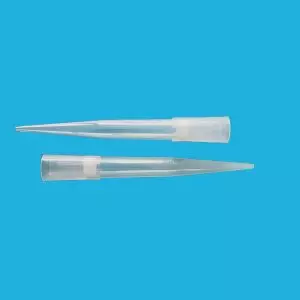 The decision between using ordinary or filtered pipette tips depends largely on the specific requirements of the experiment:
The decision between using ordinary or filtered pipette tips depends largely on the specific requirements of the experiment:
- Routine Liquid Handling: For general laboratory procedures where sample purity is not a critical concern and cost-effectiveness is prioritized, ordinary pipette tips are the preferred choice. They provide efficient liquid handling without the added cost of filtration.
- Sensitive Samples and Molecular Biology: When working with sensitive samples that require protection from contaminants, filtered pipette tips are indispensable. The filtration system within these tips ensures that the integrity of the sample remains intact, thereby enhancing the reliability and reproducibility of experimental data.
- Cost Considerations: While filtered pipette tips offer enhanced protection, they are generally more expensive than ordinary tips. Laboratories must weigh the benefits of sample protection against the additional cost when deciding which type of tip to use.
Plasticus Durable Tips: The Ideal Choice for Your Laboratory
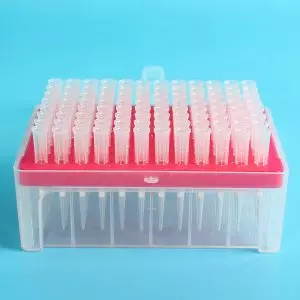 Amidst the array of pipette tips available, Plasticus Tips have emerged as a reliable choice for laboratories seeking high-performance solutions. These tips combine the durability of traditional polypropylene with innovative design features that cater to both ordinary and filtered tip needs.
Amidst the array of pipette tips available, Plasticus Tips have emerged as a reliable choice for laboratories seeking high-performance solutions. These tips combine the durability of traditional polypropylene with innovative design features that cater to both ordinary and filtered tip needs.
- Durability and Reliability: Plasticus Tips are crafted from high-quality polypropylene, ensuring robustness and resistance to bending/cracking/leaking under normal laboratory conditions. This durability makes them suitable for routine use without compromising precision or accuracy.
- Enhanced Sample Protection: For experiments requiring additional sample protection, Plasticus offers filtered pipette tips that integrate a hydrophobic filter. This filter effectively prevents aerosols, DNA, RNA and other contaminants from reaching the pipette shaft or sample, thus safeguarding experimental integrity.
- Compatibility and Versatility: Plasticus Tips are compatible with a wide range of pipette models, making them versatile for various laboratory applications. Whether conducting routine liquid handling tasks or working with sensitive samples, researchers can rely on Plasticus for consistent performance and quality.
When in doubt, it is advisable to opt for filtered pipette tips, especially in experiments involving PCR, DNA/RNA manipulation, cell culture and any process where maintaining sample purity is paramount.
Conclusion
In conclusion, the choice between ordinary and filtered pipette tips can significantly impact the outcomes of laboratory experiments. Understanding their distinct advantages and applications is crucial for ensuring the reliability and reproducibility of scientific data. Plasticus Tips stand out in this regard, offering both durability for routine tasks and enhanced protection for sensitive samples. By integrating these tips into your laboratory workflow, you can elevate the quality of your research while maintaining optimal experimental conditions. To know more, visit our website www.plasticus.com or email us at info@plasticus.com


